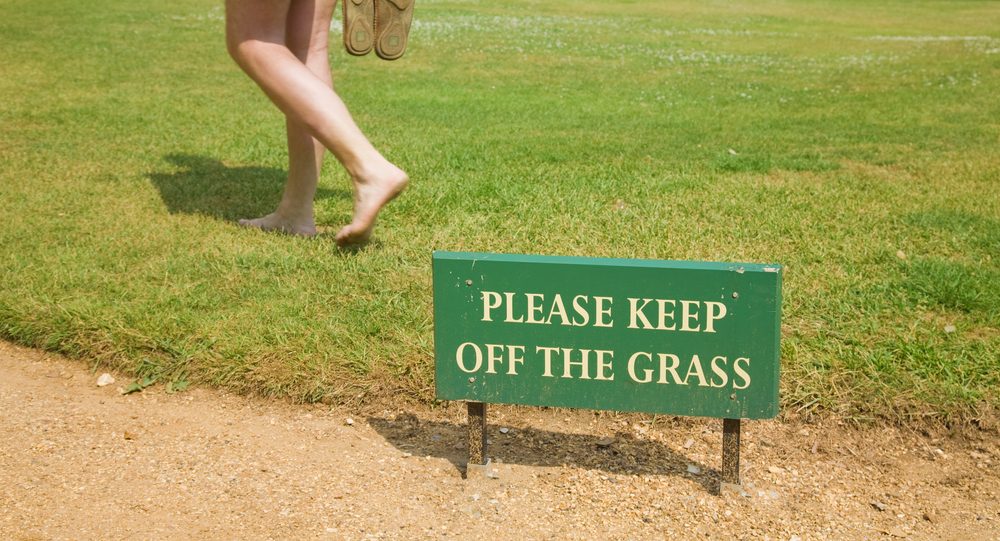Rule breakers at work represent a significant risk to organisations. How can you manage the risk?
Over Christmas and New Year I noticed the campaigns about drink driving and was led to wonder – why do people drink and drive despite the fact they know it is wrong, and know the consequence if they are caught.
And what about rule breaking and illegal activity in the workplace. I asked Kris Bush, Occupational Psychologist – do people break the rules, and what do they get out of it?
“One of the reasons I think that people drink and drive is due to one of the effects that alcohol has on people. Alcohol impairs their judgement – it makes people more confident even though they are actually less competent, and it inhibits the normal common sense controls on our decision making. It may be something that becomes acceptable and is normalised by them – even if it is not by others.
The same applies to the workplace when people start to rule break. It often starts with low level, small contraventions that people begin to feel is acceptable. Some types of people might be more prone to rule breaking than others, for example, researchers at Harvard Business School discovered that creativity, not intelligence, predicts dishonesty. The more creative someone is, the more easily they are able to justify their behaviour. But it is probably more complicated than just that in personality terms!
What can people do to manage the risk of rule breakers?
- They often have the opportunity and the means to rule break. Maybe there are few checks and balances in place or little supervision or collaborative working.
- A big risk is a culture which allows such behaviour and maybe, even supports it. For example, senior managers pass it as okay, or they rule break and get way with the behaviour.
- Often rule breakers are risk takers with little care about the implications of what they are doing. At first they take small risks and their confidence grows to take larger risks. They feel that they are entitled to do what they are doing and get away with the behaviour.”

